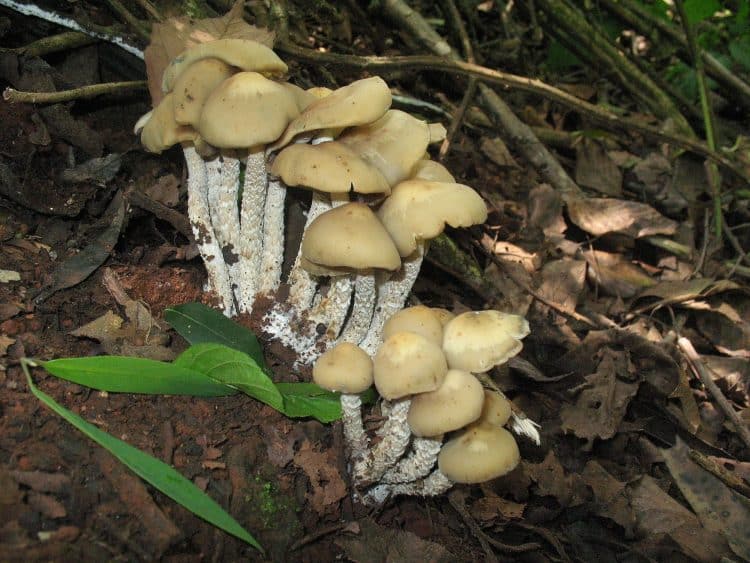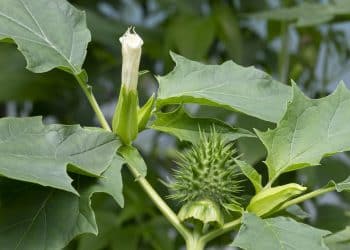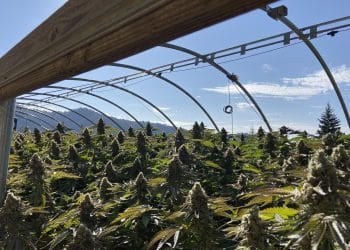Knowledge empowers. In 1957, banker R. Gordon Wasson published “Seeking the Magic Mushroom” in Life Magazine. [1] The article chronicles his summers in Mexico participating in mystical rituals with the Mazatec people. “We chewed and swallowed these acrid mushrooms, saw visions, and emerged from the experience awestruck.” It’s an interesting foresight for the modern industry around psychedelic mushroom chocolate bars, though it’s not the most exciting part here.
He promised to keep the experience secret. But Wasson betrayed his curandera (healer) by revealing everything and even publishing her photos. Within two years, a pharmaceutical company (Sandoz) patented an extraction method and therapeutic application for psilocin and psilocybin. Dozens of patents followed. Today, these chemicals value in the billions of dollars with applications including clinical depression. According to Gerber et al [1], “The mushrooms Wasson brought out of Huautla de Jimenez are the basis of the current commodification of psilocybin…”
Reprinted from the open access study: Gerber K, Flores IG, Ruiz AC, Ali I, Ginsberg NL, Schenberg EE. Ethical concerns about psilocybin intellectual property. ACS Pharmacol Transl Sci. 2021. doi:10.1021/acsptsci.0c00171. License: ACS AuthorChoice
If countless companies and shareholders profit from these magic mushrooms, shouldn’t the traditional keepers—the original shareholders—receive some of the prosperity?
The answer does not require an ethics course. But it was not until a month after Wasson’s article that indigenous people in Mexico were awarded any rights whatsoever. Too late did Mexico join the Indigenous and Tribal Populations Convention No 107, now the Indigenous and Tribal Peoples Convention of 1989. This agreement affords national and human rights to indigenous peoples, but it cannot be applied retroactively.
Another protection is the 2007 United Nations Convention for Biological Diversity, designed to “respect, preserve and maintain knowledge, innovations and practices of indigenous and local communities…” Though Wasson may be out of reach, such conventions legally establish that indigenous people are human beings with the right to intellectual property.
Agreements between psilocybin developers and Mazatec (or any indigenous peoples) do not exist. One important confounding factor is that many Psilocybe species exist, including in Europe. However, the 1957 exposé was an extraordinary snapshot into their medicinal value and was not intended for sharing.
It is unjust that wealthy business people plow through psychedelics with IP rights to exclusively profit on the medicine of others. Companies that help more people benefit from these substances are doing humanity a benevolent favor. But greed and patent protection are no favors. There is a right way.
Gerber et al note: “Mycologists, biologists, speleologists, and scientists descend upon the Mazatec community, without asking for permission from or adequately explaining their research to the community.” They leave destruction in their wake. This is known as extractive economics—extracting what you want from a community. Steal it and give nothing back. [1]
The way forward requires inclusion, reparation, and respect.
Reference
- Gerber K, Flores IG, Ruiz AC, Ali I, Ginsberg NL, Schenberg EE. Ethical concerns about psilocybin intellectual property. ACS Pharmacol Transl Sci. 2021. doi:10.1021/acsptsci.0c00171. [Impact Factor: 14.357; Times Cited: n/a]
Image: Alan Rockefeller, CC BY-SA 3.0













